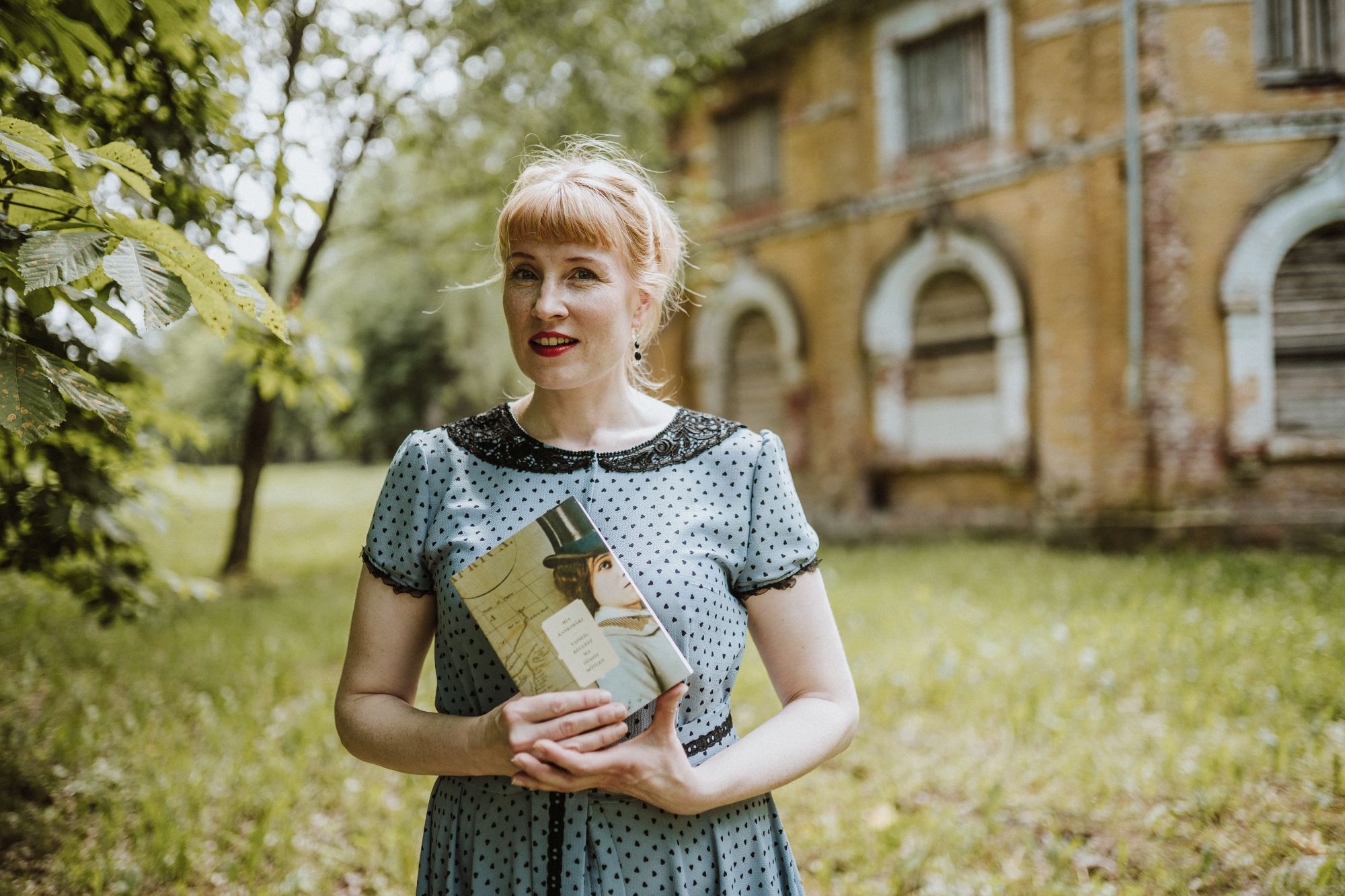
Author
olli.alanen@nuori.fi
Twitter: @oalanen
One of the most pressing problems of the 21st century in the West is that literacy among young people is decreasing. Reading increases empathy, widens the imagination and understanding of different people, cultures, and societies – all important skills for building a better future.
In a rapidly changing world, reading is more important than ever. We need reading to be able to solve the problems of our generation and of the generations to come.
Decreasing literacy is not only a society-sized problem; it is a human-sized problem, too. In the West, a growing number of young people are in danger of getting marginalised because of their lacking reading and writing skills.
It is studied in Finland, for example, that differences in children’s abilities to read can be detected at an early age. Finnish Education Evaluation Centre found out in 2020 that reading was the hobby that had the biggest effect on first graders’ abilities. The more the child had had encounters with texts, the better capabilities the child had already at the first grade.
Many studies also show that reading many benefits. Reading increases vocabulary, empathy, imagination, and self-awareness. Being able to read is the basis for lifelong learning. It is devastating to think that the weakest readers now are not literate enough to study after comprehensive school, let alone to write a job application. The level of our literacy links strongly and indisputably to our well-being.
In a rapidly changing world, reading is more important than ever.
But try and get a youngster to read by telling them that reading increases their empathy, well-being or imagination. I can assure you are unlikely to succeed.
The Children and Youth Foundation asked 1,500 Finnish youngsters what would help them to read more. One clear result was that they would read more if they found reading of their interest. Only one in fourth thought that reading is ‘cool’. This should not surprise us adults. The result is a good reminder for us that youngsters’ reading, or the lack of it, concerns us all. And we all can be the ones raising the interest in reading in the society.
Reading less has been a cultural phenomenon for years not only among young people but also among adults. Now Covid-pandemic has done some good for the issue – reading is an excellent way of killing time. It is important to note that young people do not live in a vacuum. It matters what the society around them appreciates, and thanks to Covid, it now seems to value reading more than in a long time. We should not waste the good momentum.
Decreasing literacy is not only a society-sized problem; it is a human-sized problem, too.
Advancing young people’s reading must be done in a way that feels natural to them. There are some great experiences of using rap lyrics or spoken word to bring texts to young people’s everyday lives. Chatfiction (a chat-like story that is in a video format) has reached youth that is not interested in a traditional book. Biographies of well-known athletes or musicians have acted as gateways to reading more.
Many video games are based on a complicated story that needs interpreting and understanding of lines – often knowing another language than your mother tonguage, as well. This is all something to consider when we as adults try to come up with ways of encouraging young people to read more.
We tend to do things that we feel are meaningful and that we see others are appreciating too. Therefore, preaching about the benefits of reading won’t work. Instead, we need to value a culture that appreciates reading and encourages it in all its forms.
That is something we are trying to achieve with Read Hour. Celebrating reading by reading an hour together is an easy way to make reading a national phenomenon. Read Hour challenges you to read for an hour on UN Literacy Day on the 8th of September.
The campaign slogan says it all: Read more.




